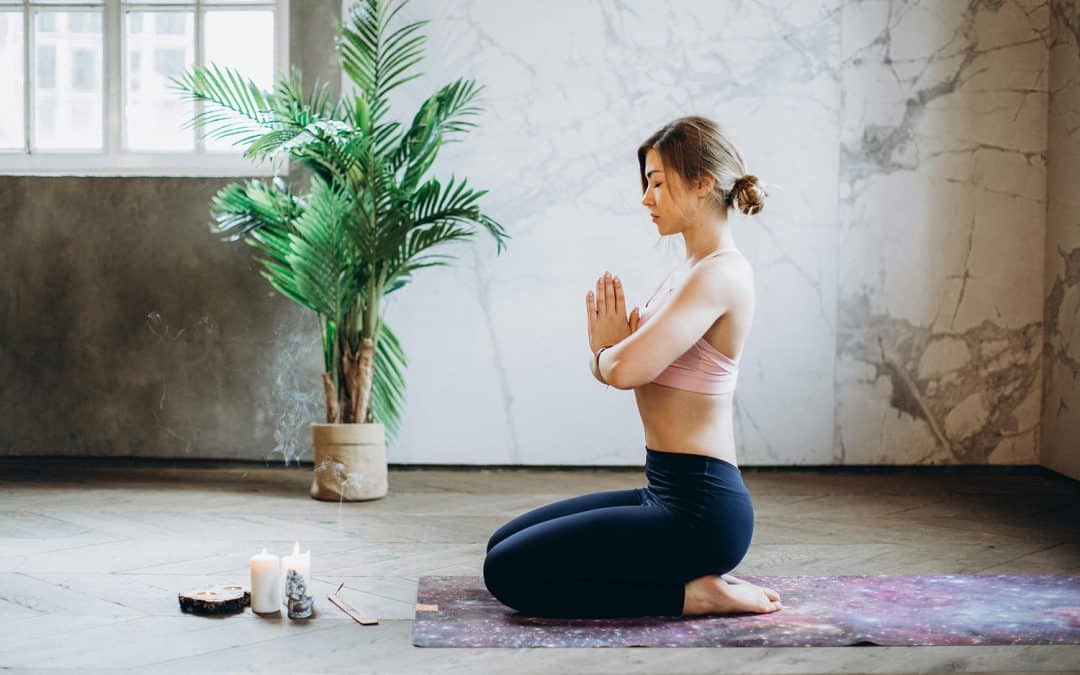Guest blog on self-care strategies by Dorothy Watson, Mental Wellness Center. Image by Elina Fairytale and provided as ‘free to use’ by Pexels.
For introverts, self-care isn’t indulgent – it’s necessary. Your energy has a rhythm of its own, often drained by constant noise and social demands. You deserve more than just a breather; you deserve practices that replenish you deeply. This guide offers seven grounded strategies to nurture both your body and your mind, restoring balance where the world tries to strip it away. These are not platitudes but deliberate acts of kindness toward yourself. So, read slowly, and let each idea settle into your bones.
Embrace quiet for mental reset
Somewhere between chaos and stillness, you’ll find yourself again. The art of carving out quiet time is more than shutting the door – it’s making intentional space for your thoughts to catch up with your breath. Whether it’s a morning window open to birdsong or an evening journal session under soft light, you’re claiming control over your overstimulated mind. Solitude is not just peaceful, it’s powerful: a chance to untangle what you really need. When you intentionally prioritise silence, the chatter – inside and out – fades to something you can finally manage. And in that hush, you remember who you are.
Practice mindfulness daily
Your thoughts can sprint faster than your feet if you let them. To bring yourself back into the moment, lean on mindfulness to reconnect with yourself instead of getting swept up in overthinking. You don’t need an hour-long session on a meditation cushion; sometimes it’s closing your eyes for thirty seconds, feeling the ground under you and breathing on purpose. Mindfulness doesn’t erase the noise; it helps you choose which notes to listen to. Every quiet inhale tells your nervous system: you’re safe here. And that permission to simply exist? It changes everything.
Try mindful relaxation techniques
Sometimes, you need a little help getting into that restful state. For moments when stress feels lodged in your body, consider a few safe and gentle options to unwind without overwhelm. Breathing exercises are a timeless way to calm your nervous system, while sipping a warm cup of chamomile tea can soothe you from the inside out. Many people also turn to ashwagandha for natural stress relief, an adaptogenic herb known for its calming properties. No single tool is magic – but choosing what resonates with your body will help you to feel more at ease on your terms.
Protect your energy with limits
You know the feeling when a room starts pulling every ounce out of you. That’s when setting boundaries to reclaim energy becomes an act of self-preservation. Boundaries are not walls but gentle fences reminding others where your edges are. Saying no, leaving early or even turning your phone off at dinner – these small rebellions make a big difference. The world will take as much as you give, so give yourself back what’s yours first: your time, your peace, your energy – fiercely yours to protect.
Seek physical relaxation for body & mind
Your body keeps score – in the tight shoulders, shallow breaths and clenched jaw. Undo that scorecard with simple relaxation techniques to unwind that don’t require you to perform for anyone else. Run a warm bath, stretch on the floor and let your breath deepen into your belly while soft music plays. These are not luxuries; they are survival skills written into your nervous system. The body deserves care as much as the mind, especially when your quiet nature hides how hard you work to keep up. Slow down enough to feel human again.
Leverage solo activities for joy
Solitude doesn’t have to mean nothingness; it can mean joy on your own terms. Choosing creative hobbies to boost mood gives you a reason to look forward to quiet evenings. Paint something messy, bake something you won’t share or lose yourself in music you’d never play at a party. These little solo acts are not selfish – they’re the foundation of your happiness. Joy isn’t just about company, it’s about connection to yourself. And the more you practice it, the more whole you feel.
Cultivate Self-kindness
You speak to others with care – now it’s your turn. Practicing self compassion voice exercises can soften the sharp edges of your own mind. Whisper something kind to yourself every morning, even if it feels strange at first. Start small: “I’m enough”, “I’m learning”, or, “I’m allowed to rest”. Over time, that inner kindness begins to rewrite how you see yourself – and the world. The more grace you give yourself, the more energy you’ll have to keep showing up.
Self-care is a quiet revolution. It’s a thousand little choices to honour your needs instead of ignoring them. Every breath you claim back, every limit you set, every kind word you whisper… these are acts of strength. For introverts, it’s not about hiding from the world but building a sanctuary strong enough to step back out when you’re ready. You deserve to feel whole, restored and at peace in your own skin. And it starts with you choosing yourself over and over again.
Self-care is an important part of getting over a relationship breakup. For more, check out the recently updated version of Michael’s latest book: Weathering Relationships.

